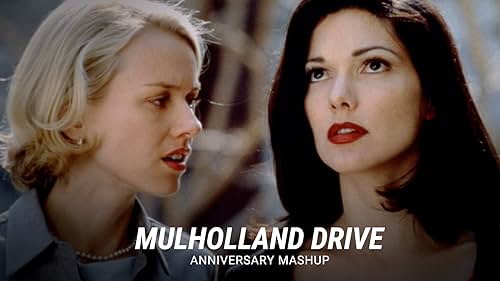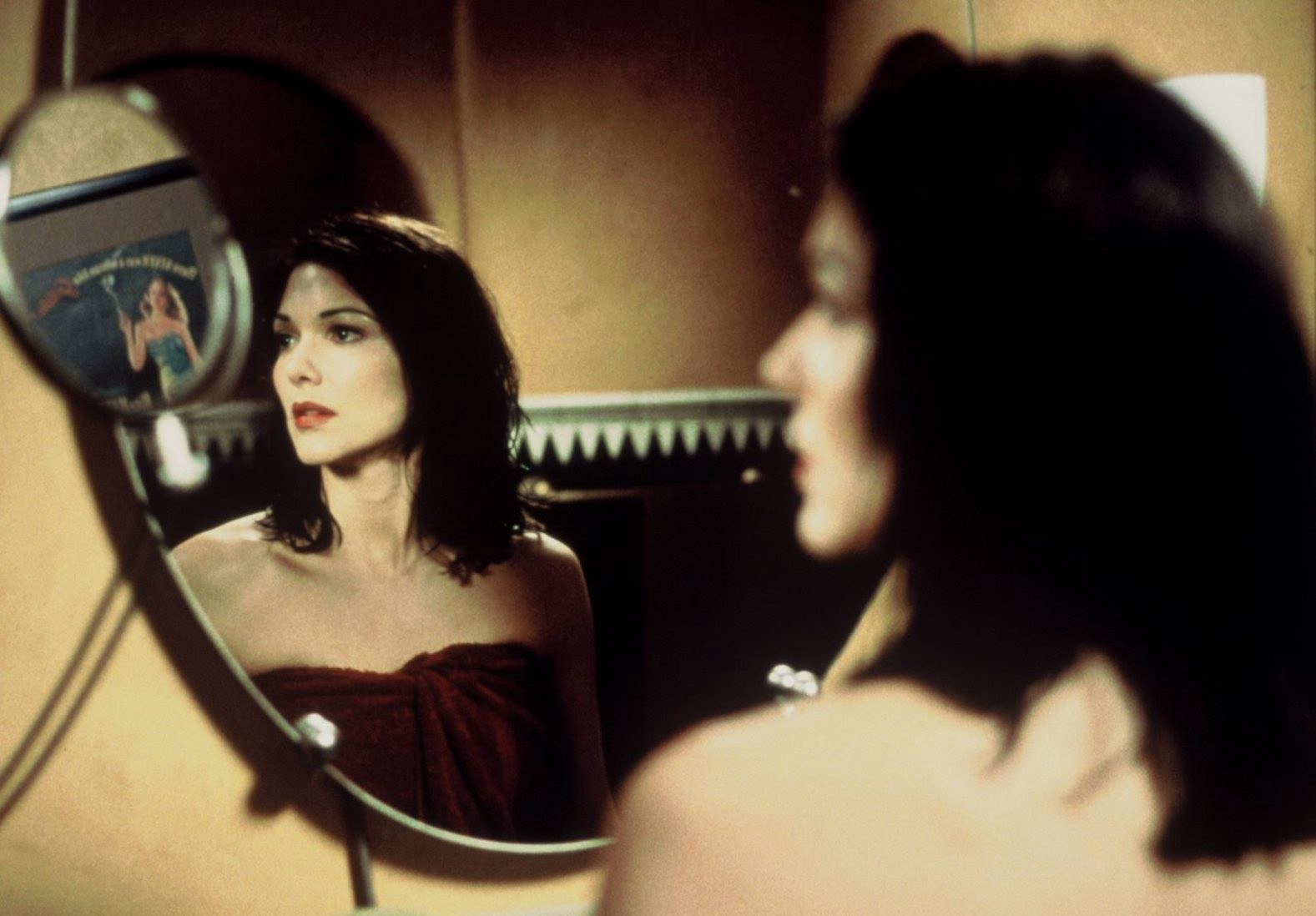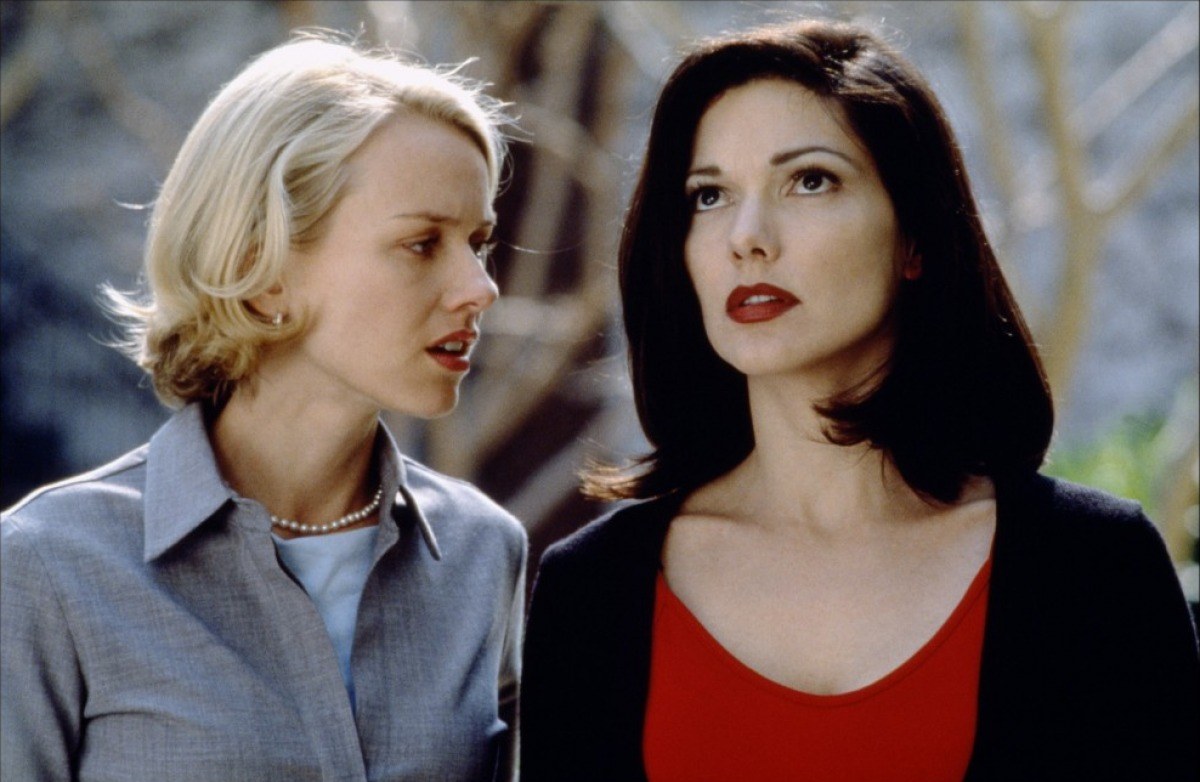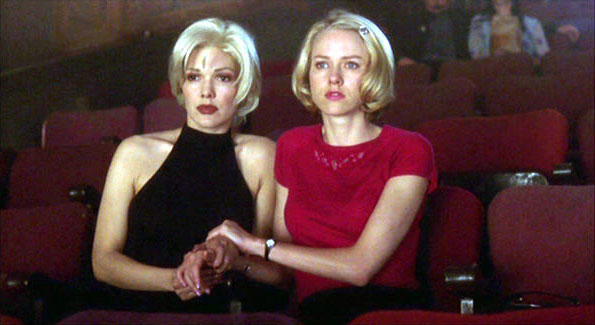Mulholland Drive (2001),

Mulholland Drive (2001), directed by David Lynch, is a mesmerizing neo-noir thriller that plunges viewers into a surreal journey through Hollywood’s underbelly. The film follows Betty Elms (Naomi Watts), a bright-eyed actress who moves to Los Angeles, and Rita (Laura Harring), an amnesiac woman whom Betty finds in her aunt’s apartment. As they try to unravel Rita’s mysterious past, the film’s narrative begins to unravel in increasingly strange, dreamlike ways, blurring the line between reality and fantasy.

One of Lynch’s most acclaimed works, Mulholland Drive explores themes of identity, desire, and the darker side of the Hollywood dream. Lynch masterfully crafts an atmosphere of eerie suspense, using disorienting visuals, non-linear storytelling, and a haunting score by Angelo Badalamenti. The film’s structure and ambiguous plotlines create an experience that feels more like a feverish dream than a traditional narrative, challenging viewers to question what’s real and what’s imagined.


Overall, Mulholland Drive is an unforgettable cinematic experience—disturbing, beautiful, and deeply unsettling. It’s a film that rewards patience and an open mind, appealing to those who enjoy complex, psychological narratives that don’t always provide clear answers.